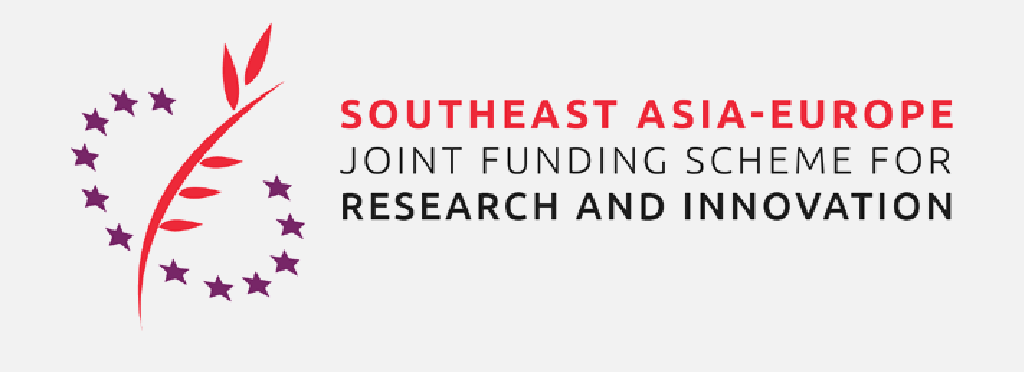
1st Joint Call: PlasmID-SEA
The Project:
Patients suffering from serious infections which cannot be cured with standard treatments are prescribed so called ‘last-resort’ antibiotics, such as carbapenem and colistin. They are used only when all other drug options have failed, and can be vital for saving lives.
However, with growing concern over antibiotic resistance, studies are needed to ensure infections can be safely controlled in the future.
The PlasmID-SEA project will use state-of-the-art smartphone-based microscopy to study plasmids that cause carbapenem and colistin resistance, and will use this information for infection control, epidemiological studies and diagnostics.
The Science:
This project will study plasmids which cause resistance against carbapenem and colistin antibiotics in Southeast Asia. To do this, the researchers will use a modern technique, based on optical DNA mapping, to analyse single plasmids through smartphone-based microscopy. The assay will then be transferred to a smartphone-based instrument, thus guaranteeing its long-term sustainable use in the region.
The Team:
The PlasmID-SEA partners are:
- Chalmers University of Technology, Gothenburg, Sweden https://www.chalmers.se/en (Project coordinator)
- Siriraj Hospital, Mahidol University, Bangkok, Thailand; http://www2.si.mahidol.ac.th/en/departments/
- University of Health Sciences, Vientiane, Laos; http://www.uhs.edu.la/
- Vietnam National Children’s Hospital, Hanoi, Vietnam (external partner); http://benhviennhitrunguong.org.vn/
Karolinska University Hospital, Stockholm, Sweden https://www.karolinska.se/en
Contact:
Fredrik Westerlund: fredrikw@chalmers.se

